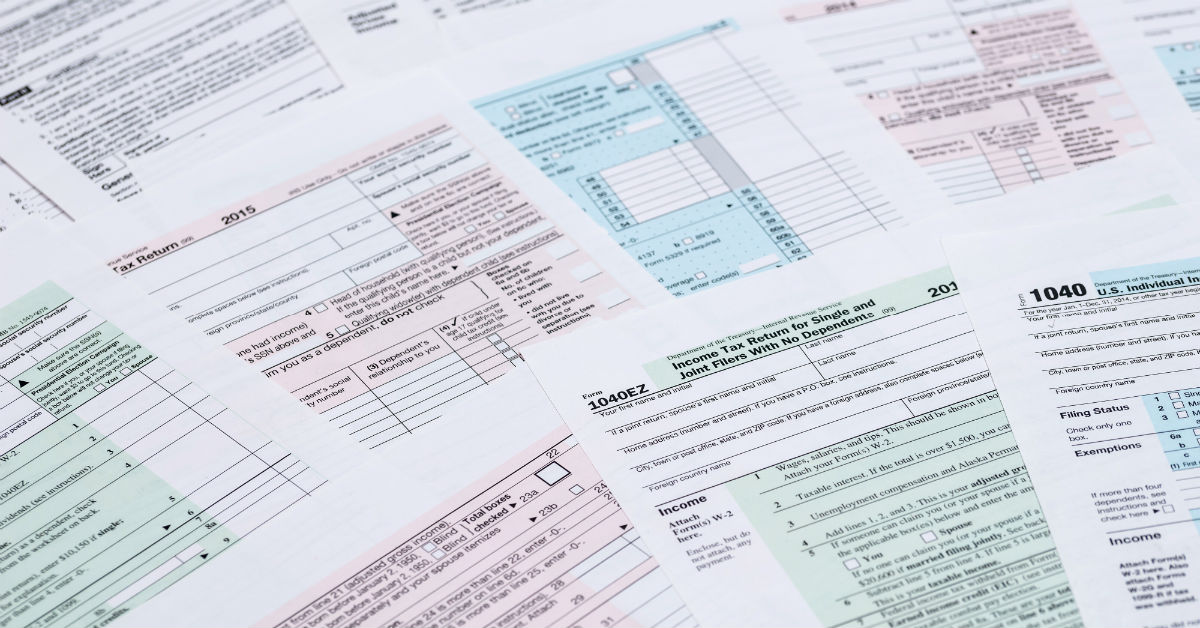
Many people are concerned how the new tax reform will affect their taxes. Yet, for the uninitiated, reading through legal documents to understand the new tax laws can be difficult. To help you better understand, AA Tax and Accounting Services has sorted through the tax reform and compiled it in a way to make it more understandable.
Tax Changes For Individual Filers
The majority of the tax changes were directed at individual filers, though they will only last until 2025. The first major change was the individual filers rates as shown below.
|
Income Bracket |
Single Filers |
Married, Filing Jointly |
|
10% (remained the same) |
$0 – $9,525 |
$0 – $19,050 |
|
12% (down from 15%) |
$9,526 – $38,700 |
$19,051 – $77,400 |
|
22% (down from 25%) |
$38,701 – $82,500 |
$77,401 – $165,000 |
|
24% (down from 28%) |
$82,501 – $157,500 |
$165,001 – $315,000 |
|
32% (down from 33%) |
$157,501 – $200,000 |
$315,001 – $400,000 |
|
35% (remained the same) |
$200,001 – $500,000 |
$400,001 – $600,000 |
|
37% (down from 39.6%) |
$500,001 or more |
$600,001 or more |
You should also be aware of many other important tax law changes:
- Personal exemption – There is no more personal exemption for single filers or married joint filers.
- Standard deduction – The standard deduction has almost doubled, going from $6,350 to the now $12,000 for single filers. Married couples who file jointly have had their standard deduction go from $12,700 to the present $24,000.
- Child tax credit – Credit now gives filers $2,000 per child under 17 years old.
- Non-child dependent credit – Parent can temporarily take a $500 credit for each and every non-child dependent they are financially supporting.
- Cap on local and state tax deduction – The new deduction cap is now $10,000. The deduction will remain the same if you want to itemize.
- Estate tax – Almost all estates are now exempted from the estate tax. Those who will still have to pay are those who inherit $5.49 million for individuals and $10.98 million for couples.
- Alternative minimum tax – The income exemption rates for the alternative minimum tax has been raised and now single filers can exempt $70,300 and married filers can exempt $109,400.
- Health insurance penalty – There is now no penalty for not having health insurance.
- Mortgage interest deduction – With a new mortgage on your first or second home, you can only deduct the interest up to $750,000.
- Inflation adjustments – Inflation will be measured more slowly, which will make your deductions worth somewhat less.
Tax Changes For Businesses And Corporations
The new tax reform has also changed things when it comes to business and corporate taxes. Below is a short overview of what has been changed.
- Corporate tax rate – The corporate rate has gone from multiple income brackets to just one. All corporations will be taxed 21% of their taxable corporate income.
- Pass-through business tax lowered – Will now require owners, partners, shareholders of LLCs, S-corporations, and partnerships to pay taxes on 20% of their income.
- Pass-through business tax break – If the partner or owner of a business also draws a salary from their business, that income will be subject to task.
- U.S. multinational taxes – U.S. companies who earn overseas will now be required to pay taxes on their taxable corporate income whether they bring the profits home or not. The tax reform requires corporate businesses pay 15.5% on their cash assets and 8% on their non-cash assets.
These changes can be complicated. If you want to be sure you have everything in order when it comes to your taxes, feel free to contact us today and set an appointment. Our accountant can walk you through the tax changes which apply to you so that you can feel comfortable when filing your taxes.














